🚀 The Book in 3 Sentences
- Being able to differentiate between an Asset and a Liability when it comes to accumulating wealth. An asset is something that puts money in your pocket, a liability does the opposite.
- Making your money work for you as an employee, overtime generating more volume (e.g. $1,000 turns into $10,000 due to changes in the market).
- Your mind is your money-maker, invest in education and money will follow with the knowledge you gain from education.
🎨 Impressions
The book tells an inspiring story of when Robert and his friend Mike were 9 years old in school and became envious of other kids who had nice things. Robert and Mike asked Mike’s Dad to become their mentor as he was a businessman. Robert and Mike took the advice Mike’s Dad had given them, and decide to open their own magazine library. Supplying the library from discarded magazines that were in good condition. They charged people for entry and as a result, they had their first business which was later shut down due to a fight that broke out in the library. The business ran for 3 months and they made a good profit as 9-year-olds.
How I Discovered It
I discovered Rich Dad Poor Day by Robert T. Kyosaki after browsing the web for “Best books on self-improvement” and here I am, reading this book.
Who Should Read It?
I believe that this book is beneficial for anyone wanting to deepen their understanding of finances and be able to differentiate an asset from a liability.
Fun Facts
- Between 1993 and 2010, over 50 percent of the increase of income in the United States went to the wealthiest one percent.
- The word ‘emotion’ stands for ‘energy in motion.’ Be truthful about your emotions and use your mind and emotions in your favour, not against yourself.”
- the income-tax rate of a corporation is less than the individual income-tax rates. In addition, certain expenses could be paid by a corporation with pre-tax dollars.
- Today, McDonald’s is the largest single owner of real estate in the world, owning some of the most valuable intersections and street corners around the globe.
☘️ How the Book Changed Me
- When you are passionate about something and want to pursue a career with that passion, find someone who is already successful in that category. In other words, find a mentor.
- I learned that you should not work for work (W4W) but work to learn, if you want to become successful in sales but don’t have experience with sales, work for a sales company and gain confidence, and knowledge on that topic. Robert Kiyosaki worked at Xerox and was a door-to-door salesman. He resigned from the job once he was the companies, top 5 salespeople. Which meant that he was now good at making sales and had the experience he needed.
✍️ My Top 5 Favourite Quotes
- “If you find you have dug yourself into a hole… stop digging”.
- “It’s not how much money you make. It’s how much money you keep”.
- “Intelligence solves problems and produces money. Money without financial intelligence is money soon gone”.
- “An important distinction is that rich people buy luxuries last, while the poor and middle class tend to buy luxuries first”.
- “Life is much like going to the gym. The most painful part is deciding to go. Once you get past that, it’s easy”.
📒 Summary + Notes
💼 The Main Management Skills for Success
- Management of cash flow 2. Management of systems 3. Management of people
🖥️ The Three Incomes In the world of accounting
1. Ordinary earned 2. Portfolio 3. Passive
💰 Assets
Robert says real assets fall into the following categories:
1. Businesses that do not require his presence: He owns them, but they are managed or run by other people. If he has to work there, it’s not a business. It becomes his job.
2. Stocks
3. Bonds
4. Income-generating real estate
5. Notes (IOUs)
6. Royalties from intellectual property such as music, scripts, and patents
7. Anything else that has value, produces income or appreciates, and has a ready market.
🧠 Financial IQ
1. Accounting
- Accounting is financial literacy or the ability to read numbers. This is a vital skill if you want to build an empire. The more money you are responsible for, the more accuracy is required, or the house comes tumbling down. This is the left-brain side or the details. Financial literacy is the ability to read and understand financial statements which allow you to identify the strengths and weaknesses of any business.
2. Investing
- Investing is the science of “money making money.” This involves strategies and formulas that use the creative right-brain side.
3. Understanding markets
- Understanding markets is the science of supply and demand. You need to know the technical aspects of the market, which are emotion-driven, in addition to the fundamental or economic aspects of an investment. Does an investment make sense or does it not make sense based on current market conditions?
4. The law
- A corporation wrapped around the technical skills of accounting, investing, and markets can contribute to explosive growth. A person who understands the tax advantages and protections provided by a corporation can get rich so much faster than someone who is an employee or a small-business sole proprietor. It’s like the difference between someone walking and someone flying. The difference is profound when it comes to long-term wealth.
- Tax advantages
- A corporation can do many things that an employee cannot, like pay expenses before paying taxes. That is a whole area of expertise that is very exciting. Employees earn and get taxed, and they try to live on what is left. A corporation earns, spends everything it can, and is taxed on anything that is left. It’s one of the biggest legal tax loopholes that the rich use. They’re easy to set up and are not expensive if you own investments that are producing good cash flow. For example, by owning your own corporation, your vacations can be board meetings in Hawaii. Car payments, insurance, repairs, and health-club memberships are company expenses. Most restaurant meals are partial expenses, and on and on. But it’s done legally with pre-tax dollars.
- Protection from lawsuits
- We live in a litigious society. Everybody wants a piece of your action. The rich hide much of their wealth using vehicles such as corporations and trusts to protect their assets from creditors. When someone sues a wealthy individual, they are often met with layers of legal protection and often find that the wealthy person actually owns nothing. They control everything but own nothing. The poor and middle class try to own everything and lose it to the government or to fellow citizens who like to sue the rich. They learned it from the Robin Hood story: Take from the rich, and give it to the poor.
Term Definitions
401(k): A U.S. retirement plan developed by the ERISA Act of 1974 when companies realized they could not provide for retirees’ health care.
ASSET: Something that puts money “in your pocket” with minimum labour.
BALANCE SHEET: The lower part of an income-statement diagram, so-called because it’s supposed to balance assets against liabilities.
CASH FLOW: Cash coming in (as income) and cash going out (as expenses). It is the direction of cash flow that determines whether something is income, expense, asset, or liability. Cash flow tells the story.
FINANCIAL APTITUDE: What you do with the money once you make it, how to keep people from taking it from you, how to keep it longer, and how to make that money work hard for you.
GOLDEN RULE: He who has the gold makes the rules.
INCOME: The money that is received as a result of the normal business activities of an individual or business.
INCOME STATEMENT, OR PROFIT-AND-LOSS STATEMENT: It measures income and expenses: money in and money out.
LIABILITY: Something that takes money “out of your pocket.”
MUTUAL FUND: A variety of stocks, bonds, or securities grouped together, managed by a professional investment company and purchased by individual investors through shares. The shares possess no direct ownership value in the various companies.
SOCIAL SECURITY: A social welfare or social insurance program commonly funded through automatic payroll deductions to subsidise persons in their old age and with disabilities.
BOND: A debt security in which the authorised issuer owes the holders a debt and is obliged to repay the principal and interest at a later date, termed maturity.
ENTREPRENEUR: Someone who creates a system to offer a product or service in order to obtain a profit. Entrepreneurs are willing to accept a level of risk to pursue opportunity and are viewed as fundamentally important in the capitalistic society.
FINANCIAL STATEMENT: A statement of your income, expenses, assets, and liabilities. Your “report card” when you leave school and what your banker wants to see before lending you money.
STOCK: The capital raised by a corporation through the distribution of shares.
1031: Jargon for Section 1031 of the Internal Revenue Code, which allows a seller to delay paying taxes on a piece of real estate that is sold for a capital gain through an exchange for a more expensive piece of real estate.
CORPORATION: Merely a legal document that creates a legal body without a soul. It’s not a big building or a factory or a group of people. Using it, the wealth of the rich is protected.
FINANCIAL IQ: Financial intelligence that comes as a result of financial education. People with high financial IQ learn to use other people’s money to become rich.
FINANCIAL LITERACY: The ability to read and understand financial statements, which allows you to identify the strengths and weaknesses of any business.

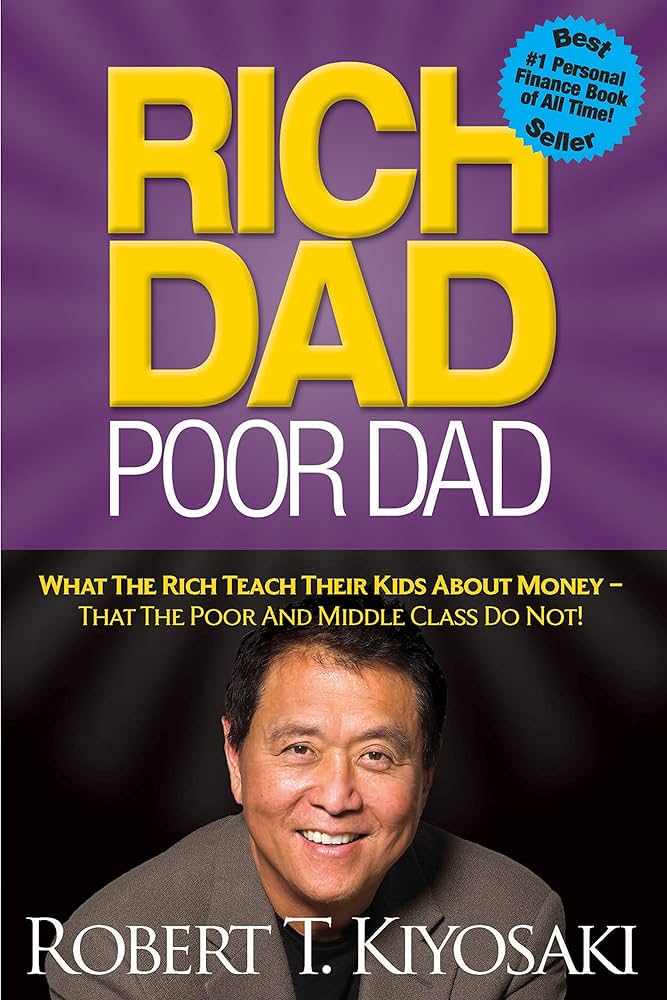
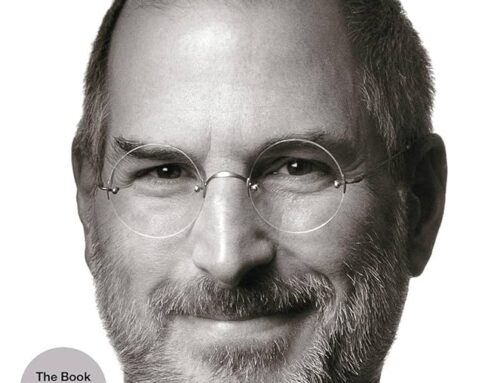
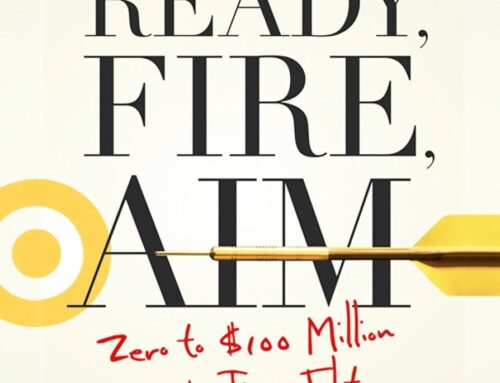
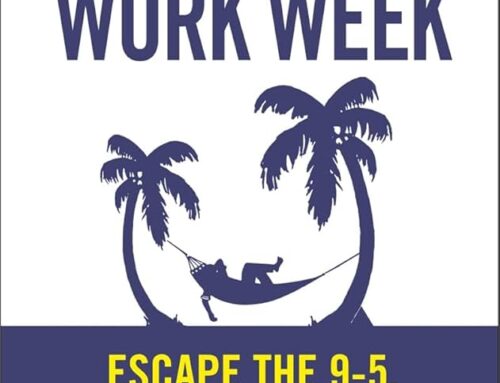
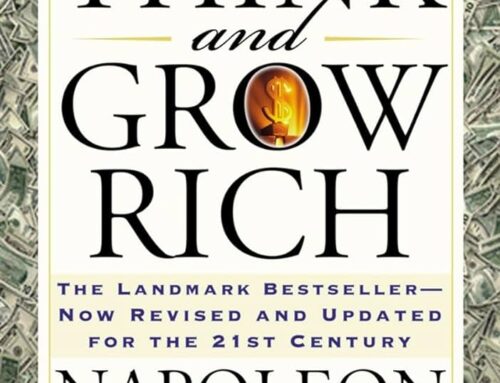
Leave A Comment